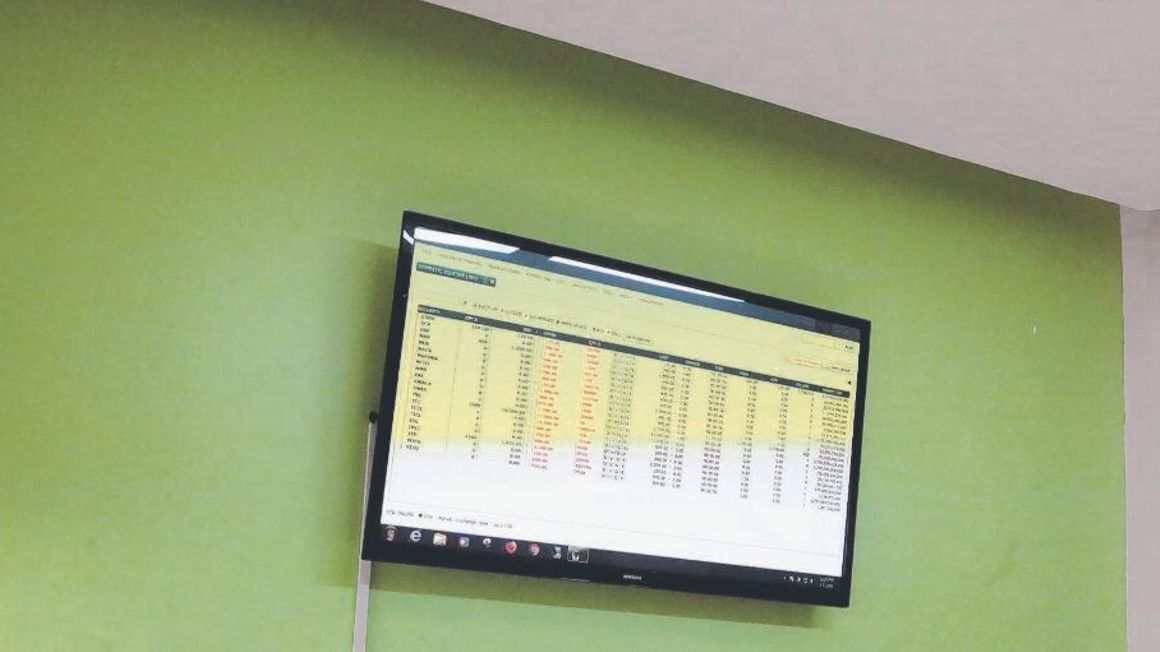
Family firms dominate the business landscape across economies – developing and developed. They are major contributors to both employment, availability of goods and services as well as to the economic
growth, measured by gross domestic product (GDP). According to some estimates, family businesses account for over 50 percent of GDP in many markets, ranging from micro-enterprises to some of the largest listed companies. In our case, here at home – some reports indicates that 10 families-run businesses’ control a relatively substantial part of our GDP. In the process of pursuing their enterprising motives these businesses generate wealth to owners while providing the much-needed jobs, facilitating the availability of goods and services, supporting large businesses supply chain, paying taxes to the government, etc. A recent survey by the World Federation of Exchanges (WFE) supports the same.While family businesses share many of the same qualities as those of more traditional companies (some of which are listed in stock markets), they also have unique attributes and specific characteristics that impact the way they approach management, governance, and growth of their business.
In a family firm, for instance — professional life, work relations and business decisions coexist with emotional attachment where informal bonds and personal choices are all intertwined.
Under such circumstances, the integration of family and business can be both a source of strategic advantage, especially in cases where well-run family firms outperform other businesses, but also family-run businesses can potentially be the source of inertia and governance-related challenges, where in some extreme cases may create significant socioeconomic challenges to communities and societies in which they operate.
While the peculiar characteristics of family businesses are likely to influence how the family think about raising more capital i.e., via issuance of shares or bonds and listing into the exchange.
However, these companies are also be influenced by economic, financial and managerial considerations that have little or nothing to do with being owned and managed by a family.
Thus, one may find cases where a founder-owned and managed firm, characterized by a strong paternalistic outlook and distrust of outsiders, would be reluctant to list on a stock exchange — we face this challenge in our society today.
Since the DSE established the alternative window for capital raising by Small and Medium Enterprises (SMEs) - namely the Enterprise Growth Market (EGM) - there has not been any of the family-owned businesses that have used the platform to raise capital and list.
We, however, remain patiently optimistic that probably future generations would consider going public, i.e., for sustainability and growth of their companies.
Now, given the prevalence of family firms across markets and the importance of their economic contribution there is value, particularly for stock markets and the supporting ecosystem (stockbrokers, financial/investment transactions advisers, nominated advisers, regulators, etc) to understand the impact of ‘family-ness’ on the public capital raising and listing decisions and therefore engage in identifying possible mechanisms to enhance the attractiveness of equity and debt markets for these firms.
For example, it is important to understand that family firms are a discrete category of businesses with specific characteristics that impact the way they take decisions, perceive their activity and relate to stakeholders.
We need to live with the reality that for the family owners/managers the company is not simply an investment, but also a source of income and professional realization for the current and future family generations.
We need to appreciate the fact that family owners/managers extract a significant amount of non-financial benefits from owning and administering a family firm, benefits such as the pleasure of owning and controlling a company that has their own name, or the benefit of influencing public opinion through their businesses, etc.
Because of these, family owners/managers place a premium on maintaining control over the company and having family members involved with the firm.
That way there is clear need to strike a balance between meeting family related business uniqueness while encouraging these businesses to pursue the attractiveness of accessing public capital and listing, for efficiency and sustainability of their businesses.
That’s why the DSE, learning from the EGM segment, have established two programs, one of which (DSE Enterprises Acceleration Programme) aim at building capacity to owners-managers on diverse mechanisms of operating businesses sustainably while creating opportunities and potentials to attract the less costly, patient, and efficient capital which is also long term in nature.
The other program (DSE SMEs Acceleration Segment – ‘ENDELEZA’ - aims at enhancing governance, profiling, and visibility of privately-held businesses with needs for patient capital (from private equity, venture capital funds, angel investors and development finance institutions). The ‘ENDELEZA’ programme provides a linkage platform between those with need for long-term capital needs and potential suppliers of such capital.
In future, companies in this programme may consider accessing public capital via Initial Public Offering (IPO).
For details on these programmes, one may visit the DSE website.





No comments :
Post a Comment